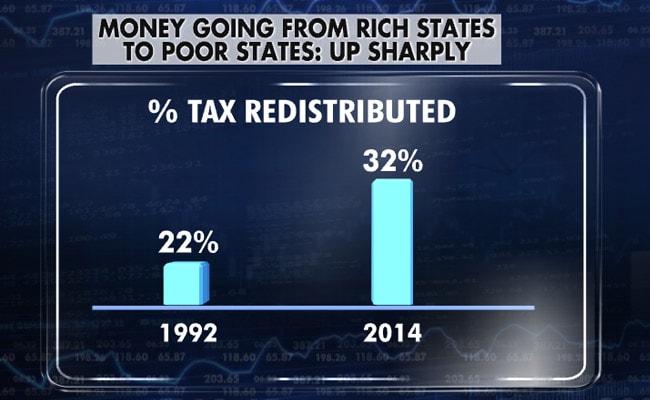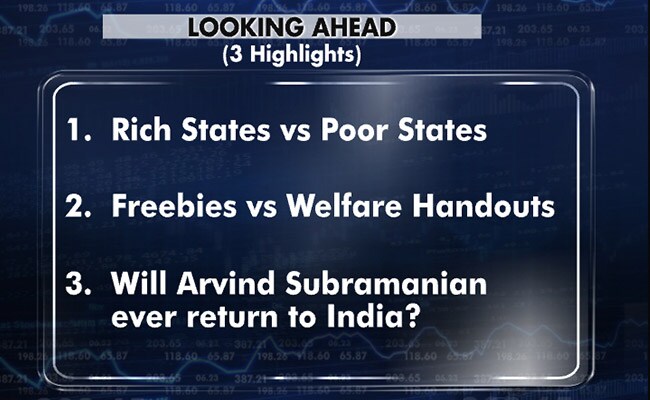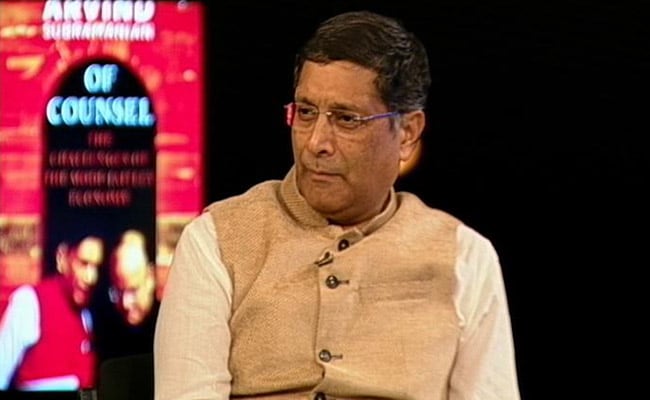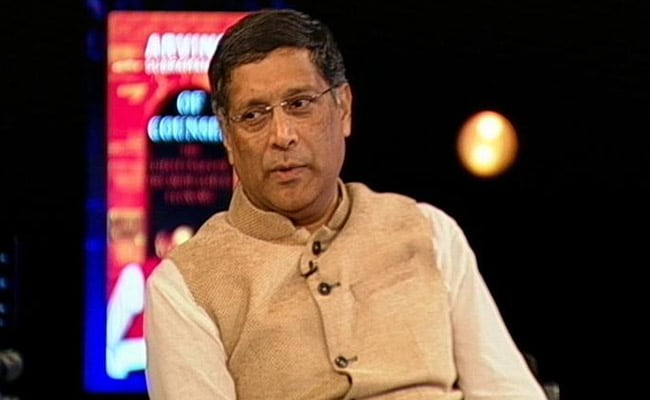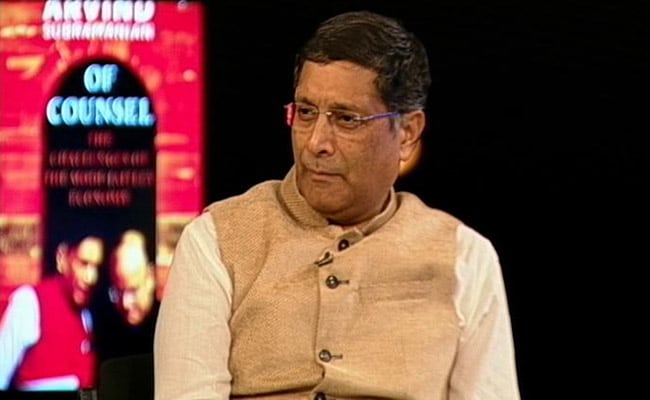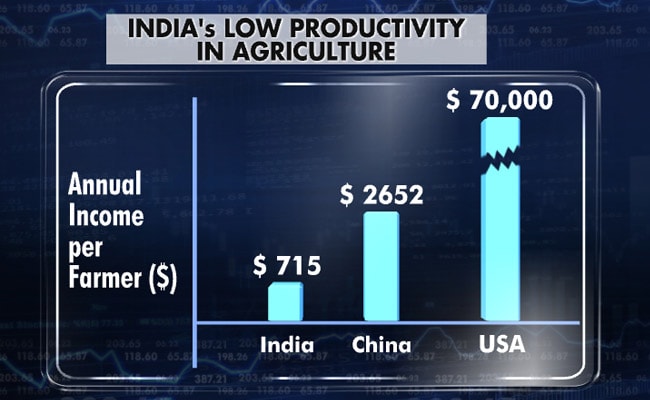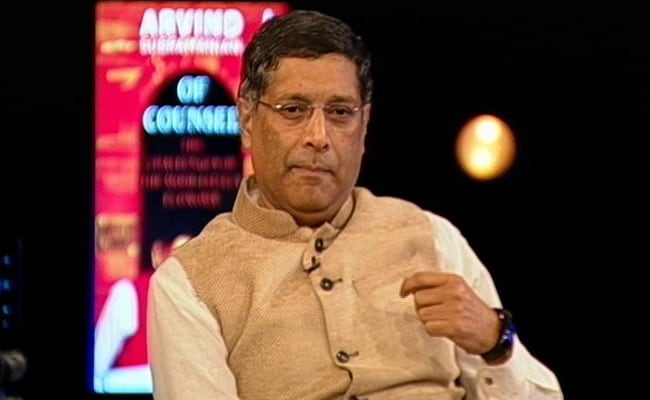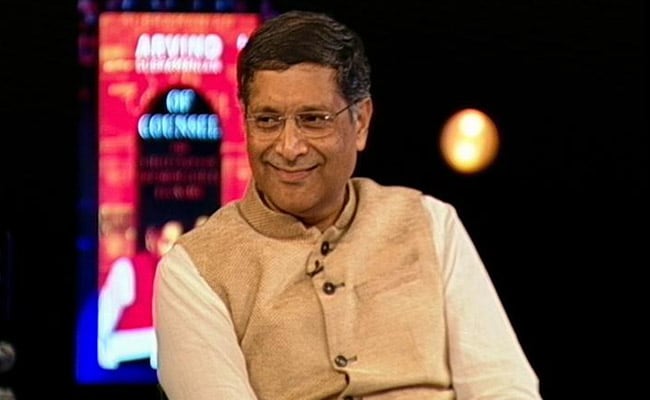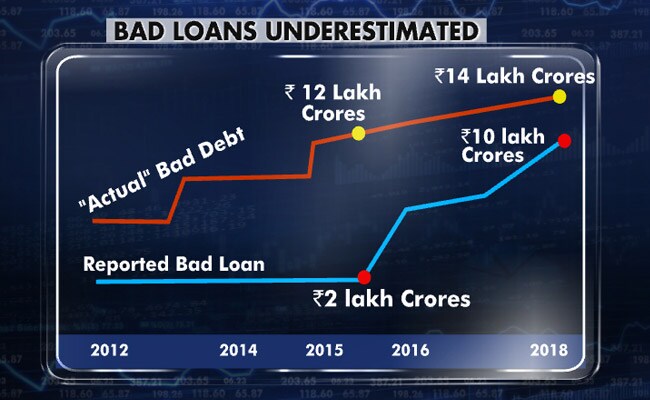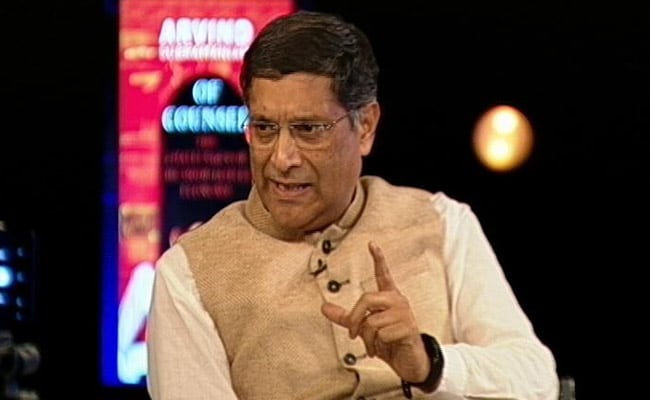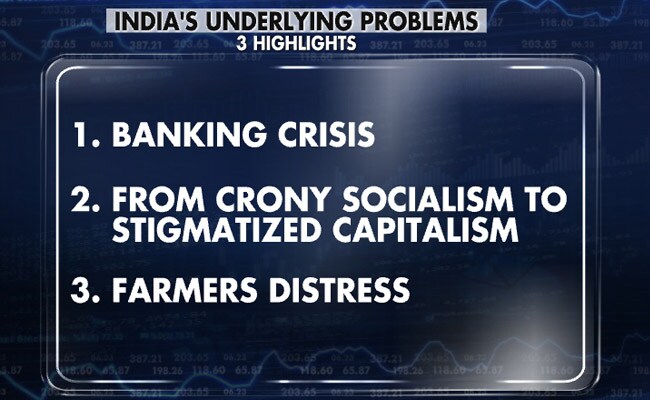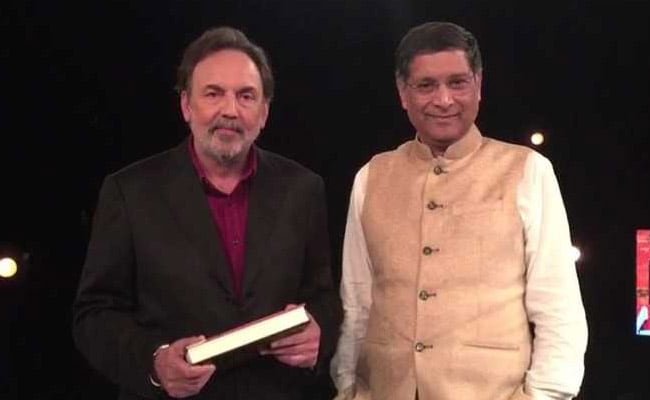Former Chief Economic Advisor Arvind Subramanian speaks to NDTV's Prannoy Roy on a range of issues in front of the Indian economy today. From the bad debt crisis in the banking sector to the growing agrarian distress, the Dr Subramanian weighs in on the good, bad and ugly of Asia's third-largest economy. "The GST design and implementation could've been better," he says. And even though he doesn't go as far as saying that the demonetization was a bad idea, he says, "Demonetisation was meant to be extreme... but if political capital could be better spent I'd suggest that (over demonetisation)".
On the controversy over the independence of the Reserve Bank of India, the former Chief Economic Advisor says 'The RBI's excess capital should go to recapitalise banks and not to the government. Financing government's budget deficit would be raiding RBI."
In a significant warning, he also says that the "RBI's independence is vital and the board should not be politicized."
However, one area where the government deserves praise is the new bankruptcy law, Dr Subramanian says. "Centre, and states should work together on agriculture like they did for GST," he says. He also backs a radical idea: "Farmers should get universal basic income."
